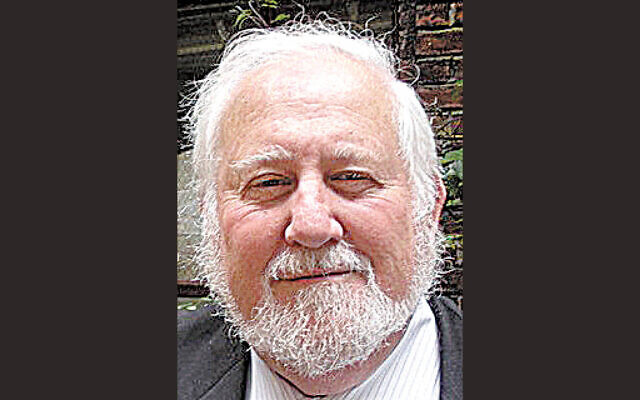Would You Marry Another Person With Cancer?
Allen shares a story about a decision many widows and widowers have had to make.
At Menashe Goldberger’s home, one of the Kollel rabbis and a wonderful mentor for me, I heard an amazing story about why a man married a woman with cancer. It came about because I had just finished my book, “101 Inspiring Stories,” and I asked people at the party to tell an inspiring story. After several people shared, and not knowing Eric Young, who was at the party, we asked him to tell an inspiring story. Eric is a man in his sixties. He said he was a widower, having lost his wife to a medical issue several years ago. He was reluctant at first, but eventually he told the following story.
Eric said, “I was at a party, and a couple insisted that they had to tell me their story. I had no idea why they were going to tell me this story, but they felt that I had to hear it.
“The story they told me was about a man who was happily married for several decades when his wife was informed that she had incurable cancer. After a lengthy battle with the disease, the wife died, and the husband stayed single as a widower for several years.”
Eric continued, “I immediately knew the reason why I had to hear the story, for it was similar to my situation. The husband then met a lovely woman and they both fell in love and talked about getting married. The husband-to-be was, at first, reluctant to marry again because of the way his first wife had died from cancer, but his love of this woman made him consider marrying again. He thought his love for this woman overcame any of his worries.
“Before the wedding, the woman he was to marry had a medical exam, and she was told by her doctor that she now had cancer, again an incurable cancer. The question then occurred to both — should they marry given that the woman had a short time to live?
“In considering his decision to marry his fiancé or not, the man thought about the impact it would have on his new wife. Would she really want to be married for such a short time period, and then put her new husband through the same misery he had when his first wife died? He didn’t want his future bride to believe that she was making her future husband sad day after day. It would be unacceptable to him if his bride felt that she caused her newfound husband another round of suffering. The man didn’t know what to do, for he wanted to do what was right for his fiancé. Now as a man, what would you do if you found yourself in this situation?
“The woman also went through a series of considerations. She worried about the impact her short marriage would have on her husband-to-be. She didn’t want to put him through another cancer marriage that would quickly end with her death and cause him to suffer endlessly for something so similar to his first wife’s death. The woman knew that the few months that she would live would be much happier with her husband, but she worried about the impact it would have on him after she died that could last for years. Now, as a woman, what would you do if you found yourself in this situation?
“In the end, they both decided to get married, and the wife did die several months after their marriage.”
Eric never explained why he told that story, but the reason was clear to me. Eric was probably talking about his own situation, and thoughtfully put the story in the framework of another man. Eric had lost a wife to a medical disease, probably cancer, but he believed that it should not prevent him from marrying again. He would put aside his worries and marry if he found the right person to marry, regardless of the short time they would be together.
The main point of the story is that for a married couple it is more important to consider the impact that any decision will have on your spouse than it is on yourself. That consideration should apply to any marriage, even if for only for a short period of time. Marrying shifts the focus from the major concern in a decision on yourself to a new focus on your spouse. It is a significant shift in thinking from being ego-oriented to being service-oriented. That shift is a key ingredient for any marriage to be successful.
The bottom line: Considering the impact of a decision on your spouse should override a consideration of the impact on yourself.




comments